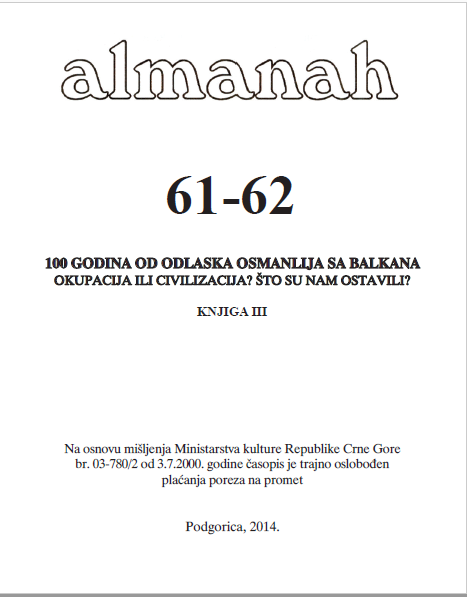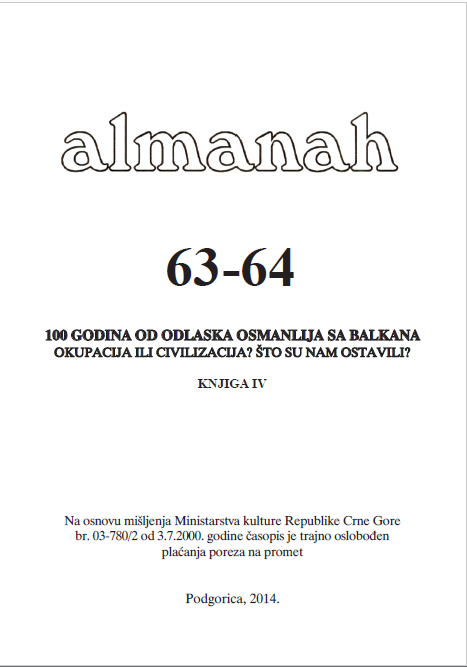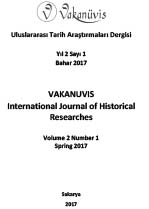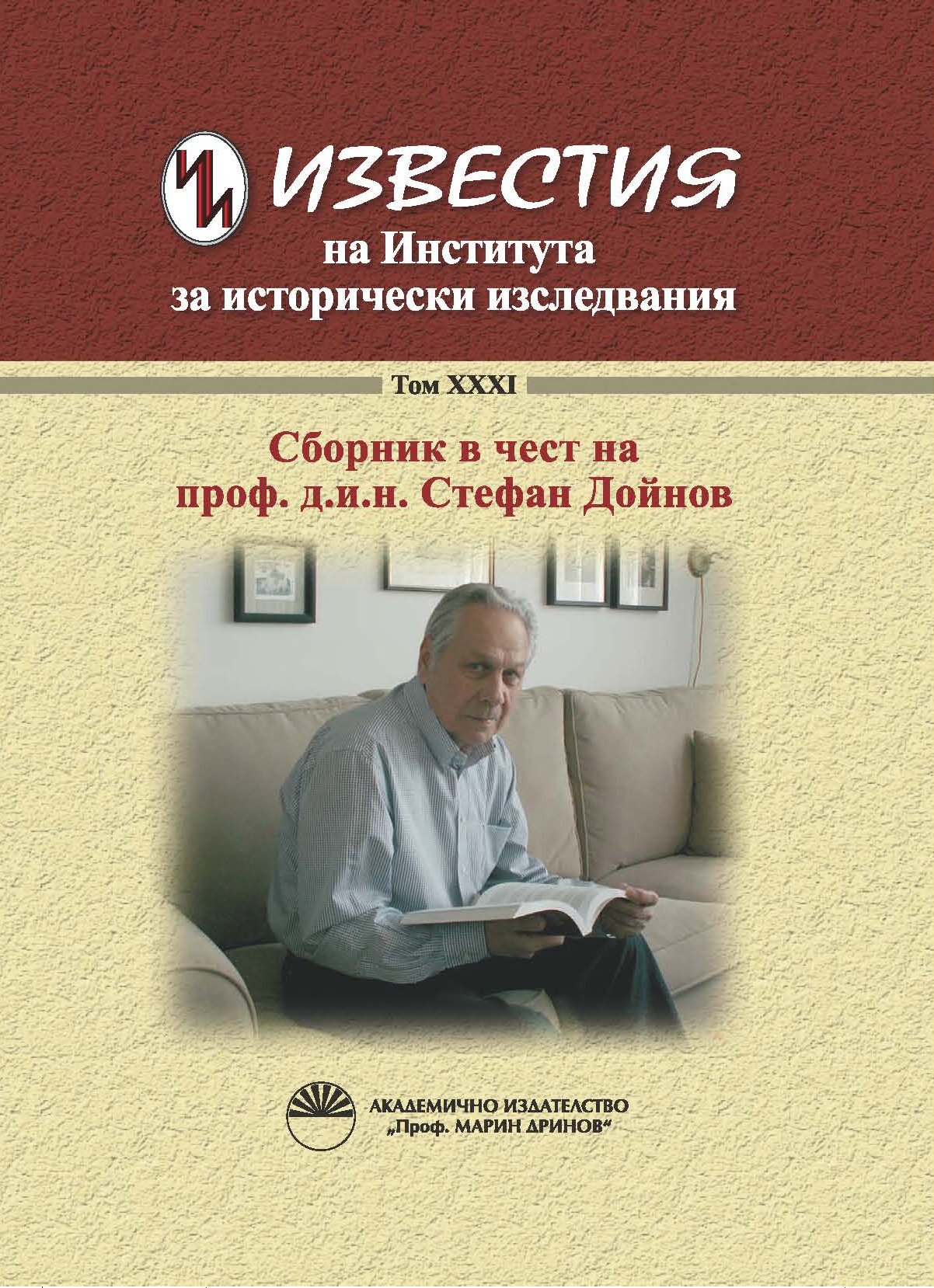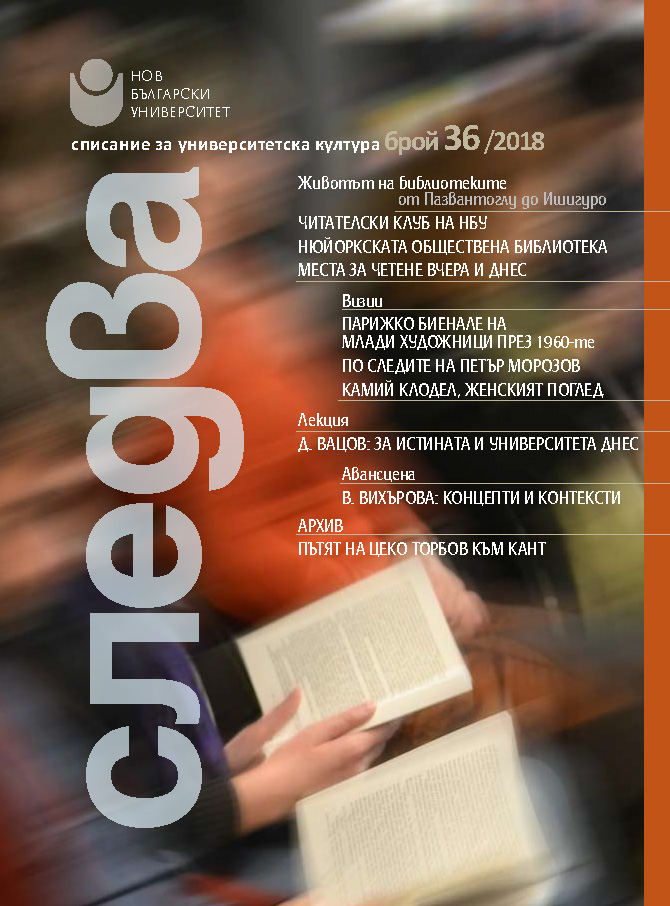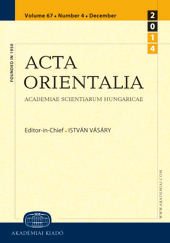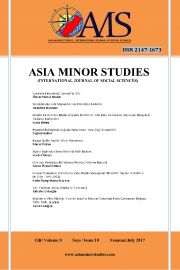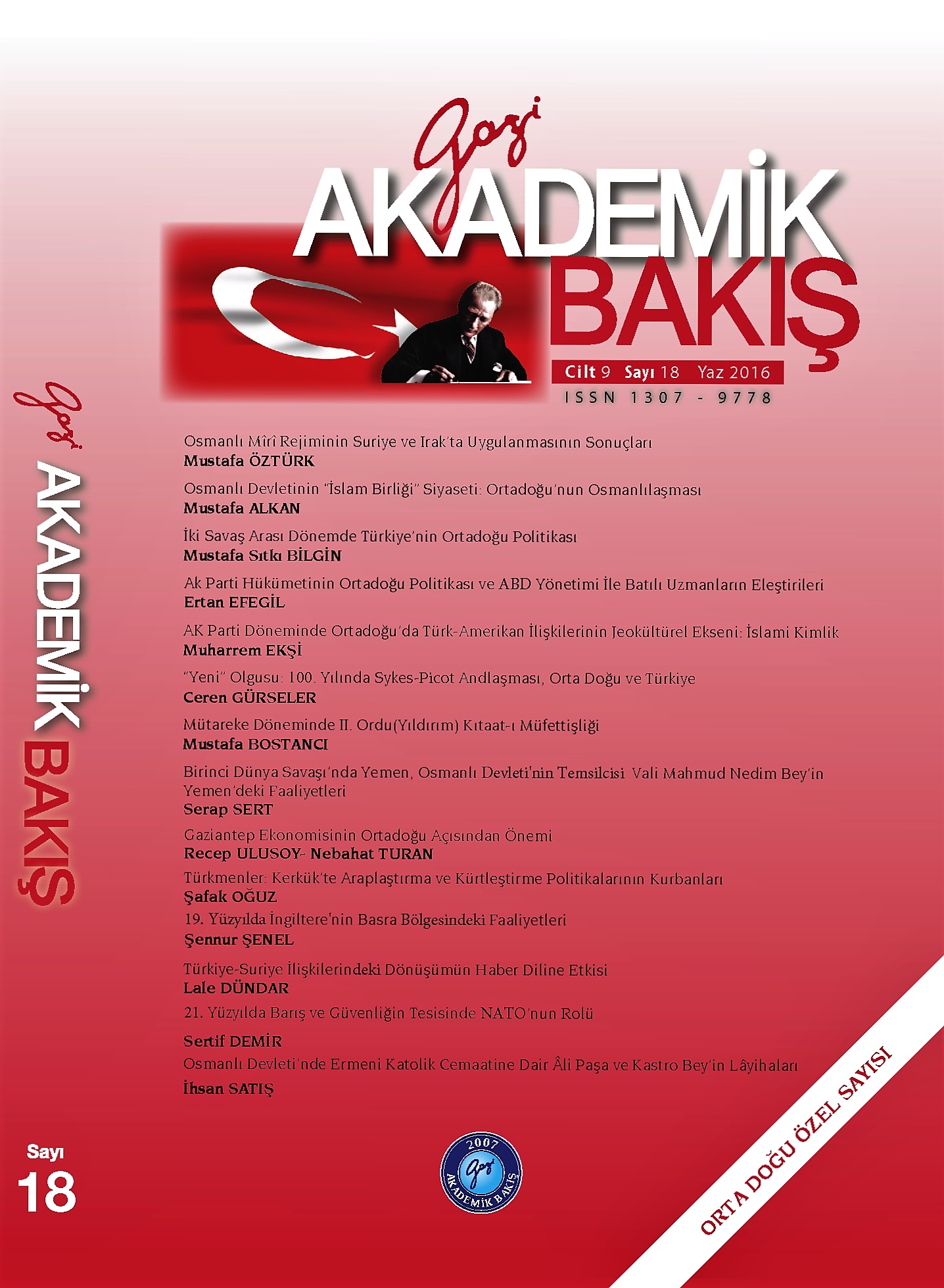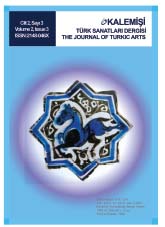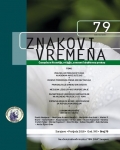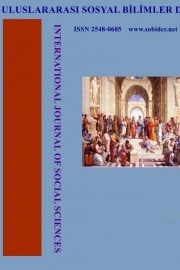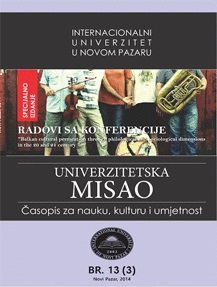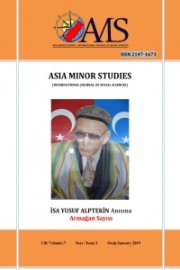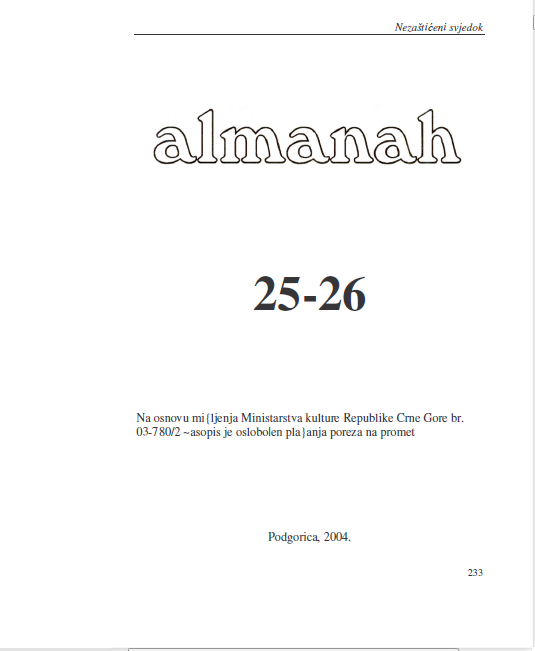
PRILOG KULTURNOJ ISTORIJI PLJEVALJSKOG KRAJA - O NAUČNOJ, KULTURNOJ I PRIPOVJEDAČKOJ DJELATNOSTI PLJEVLJAKA NA ORIJENTALNIM JEZICIMA U VRIJEME OSMANSKE UPRAVE
Dolaskom osmanske vojske i uspostavljanjem sultanove vlasti u pljevaljskom kraju 1465. godine, dolazi do znatne promjene u društvenim, privrednim i kulturnim djelatnostima. Mnogi starosjedioci koji su prešli na islam, nastavili su da se i dalje bave poslovima koje su i do tada obavljali: zanatstvom, trgovinom, zemljoradnjom i stočarstvom. Među njima je bilo pojedinaca koji su prihvatanjem nove vjere pokazivali veće interesovanje za njeno proučavanje. Da bi bolje shvatili teološke rasprave koje su pisane na arapskom, turskom i perzijskom, bilo je neophodno poznavanje tih jezika. Potrebno znanje su jedino imali obrazovani ljudi - ulema.
More...
